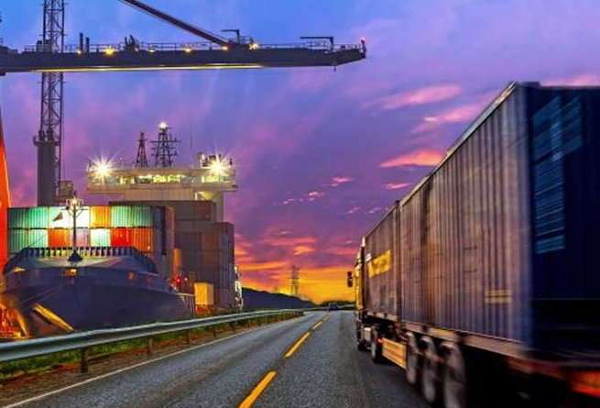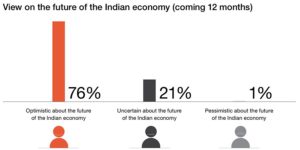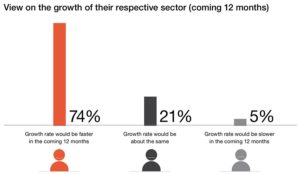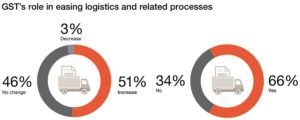A new report from global professional services firm PwC has revealed that India’s economy appears to be covering a gap that it has struggled with despite rapid economic growth – that of an insufficient manufacturing sector. Most in India’s business environment are optimistic about the sector’s growth this year.
India’s economy has been on a rapid growth trajectory in recent years, prompting some to predict that it will emerge as the second largest economy in the world by as early as 2050, behind only China. One area where the country is lacking, however, is that of manufacturing capacity.
To address this gap, one of the most prominent initiatives introduced by the current administration is the ‘Make in India’ campaign, aimed at investing in local manufacturing capabilities as well as drawing foreign investment in the sector. These efforts have been praised by experts worldwide.
View on the future of the Indian economy
According to a new report by Big Four accounting and advisory firm PwC, these efforts appear to be producing the desired results to a large extent. Not only has the firm found a spirit of optimism prevalent in the Indian market, but major economic agencies such as the International Monetary Fund have indicated their approval of India’s progress in this domain.
“India’s economy is picking up and growth prospects look bright—partly thanks to the implementation of recent policies, such as the nationwide goods and services tax (GST). As one of the world’s fastest-growing economies—accounting for about 15 percent of global growth—India’s economy has helped to lift millions out of poverty,” says the IMF.
The IMF is not the only international body to have registered its approval, with the United Nations Development Programme and the World Bank also registering their approval. According to PwC, this progress can be attributed primarily to the GST, as well as the Digital India and Startup India campaigns that have drawn substantial investment.
View on sector-wise growth
The firm also conducted surveys amongst the business environment in India and found an overall spirit of optimism. Nearly 80% of the respondents, for instance, indicated that they were optimistic about the future of the Indian economy over the next year, while the remaining 20% mostly registered uncertainty.
Among business leaders in India, this sentiment appears to be echoed. Just short of 75% of the business leaders surveyed, for instance, believe that the sector in which they operate will grow at a faster rate than before in 2019, while most of the remaining respondents anticipated that it would remain constant.
Of those who believe that their sector will grow faster in the near future, nearly 60% believe that this growth will come at a rate of higher than 5% in 2019. The report attributes this change to the GST, which is grounded in the responses to the survey.
GSTs role in easing logistics
For instance, more than half the respondents indicated that the GST had made the overall business process easier in terms of logistics and other factors, although just short of half the respondents have felt no change following the implementation of the GST. Drawing from this, 66% of the respondents therefore deemed the GST to be the right policy for the country at the moment.
Perhaps the biggest endorsement to the GST as a policy comes from the number of respondents who believe that the impact of the GST will increase over time. More than 90% of the respondents believe in this long term improvement and also predict that it will boost growth in their sector.
Source:Consultancy
Image Courtesy:TheSavvayofIndia
You may also like
-
Trade Connect E-platform For Exports Is Single Window, Fast, Accessible And Transformational: Shri Piyush Goyal
-
Dot Simplifies Approval Processes For Telecom Licenses And Wireless Equipment
-
Coal Production and Supply Trends on Positive Trajectory
-
Union Minister To Release Booklets On Promotion Of Indigenous Species & Conservation Of States Fishes
-
2nd India-Japan Finance Dialogue held in Tokyo on 6th September, 2024



